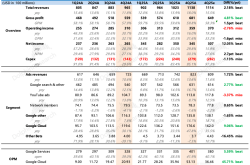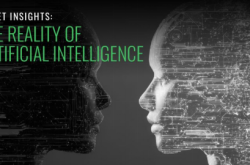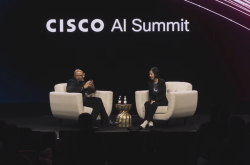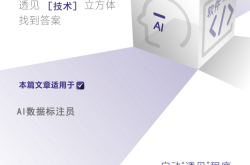From 2.5 Billion Queries to AI Browser: Can ChatGPT Agent's 'Slow Revolution' Unseat Google?
![]() 07/23 2025
07/23 2025
![]() 584
584
'Did you ask ChatGPT today?' As this question becomes as routine as 'Have you eaten?', OpenAI quietly unveiled numbers that could keep any product manager awake at night: ChatGPT receives a staggering 2.5 billion user commands daily, amounting to 912.5 billion annually, or roughly 2,900 requests per second. If each query is considered a search, ChatGPT already accounts for 18% of Google's annual search volume (5 trillion), and this gap is narrowing at a remarkable pace.
More intriguingly, on the same day OpenAI released these figures, it introduced a new feature called ChatGPT Agent for Pro users—one that can not only answer but also 'take action.' This marks the beginning of a covert battle, transitioning from answers to actions.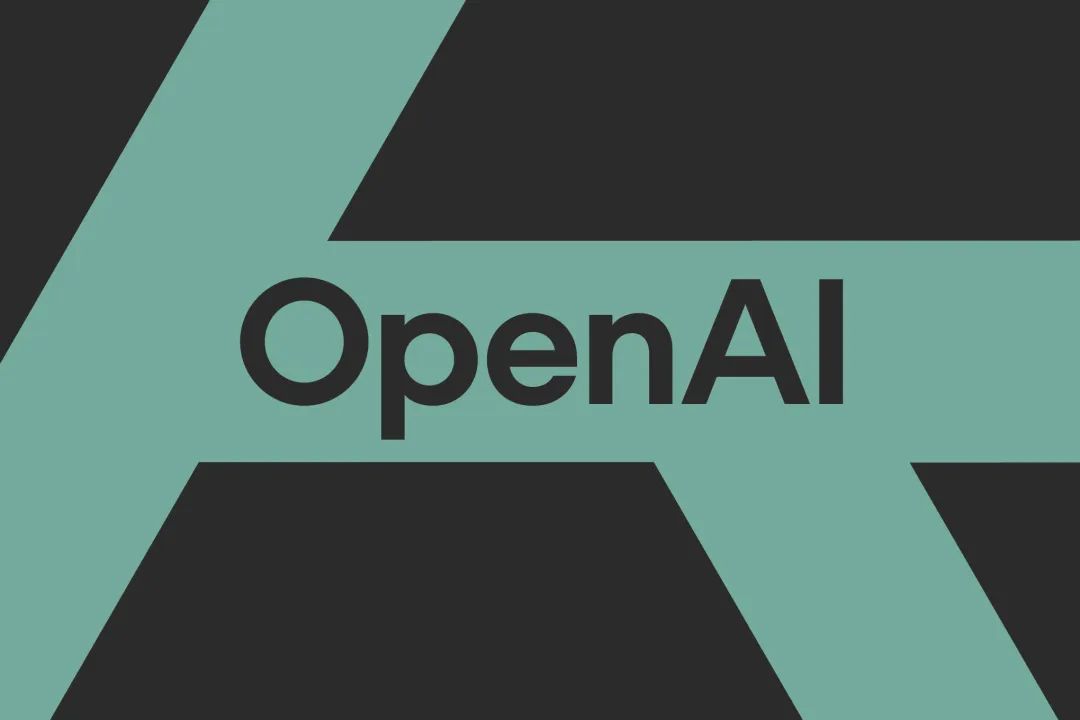
Behind the 2.5 Billion Queries: AI's 'Utility' Moment. What do 2.5 billion queries per day signify?
It propelled ChatGPT's weekly active users from 300 million to 500 million within six months, a growth rate comparable to TikTok's most explosive year in 2018. American users account for 13% of these queries but contribute over 60% of OpenAI's paid revenue, revealing the delicate balance between paywalls and free experiences. Compared to Google's average of 14 billion searches per day, ChatGPT's queries are more 'substantial': with an average of 3.7 conversation rounds and a dwell time of 4 minutes and 12 seconds, versus Google's average session of just 26 seconds. In other words, users are not just 'searching' but 'chatting.' When asking questions becomes habitual, the next logical step is, 'Let AI do it for me.' This sets the stage for Agent's debut.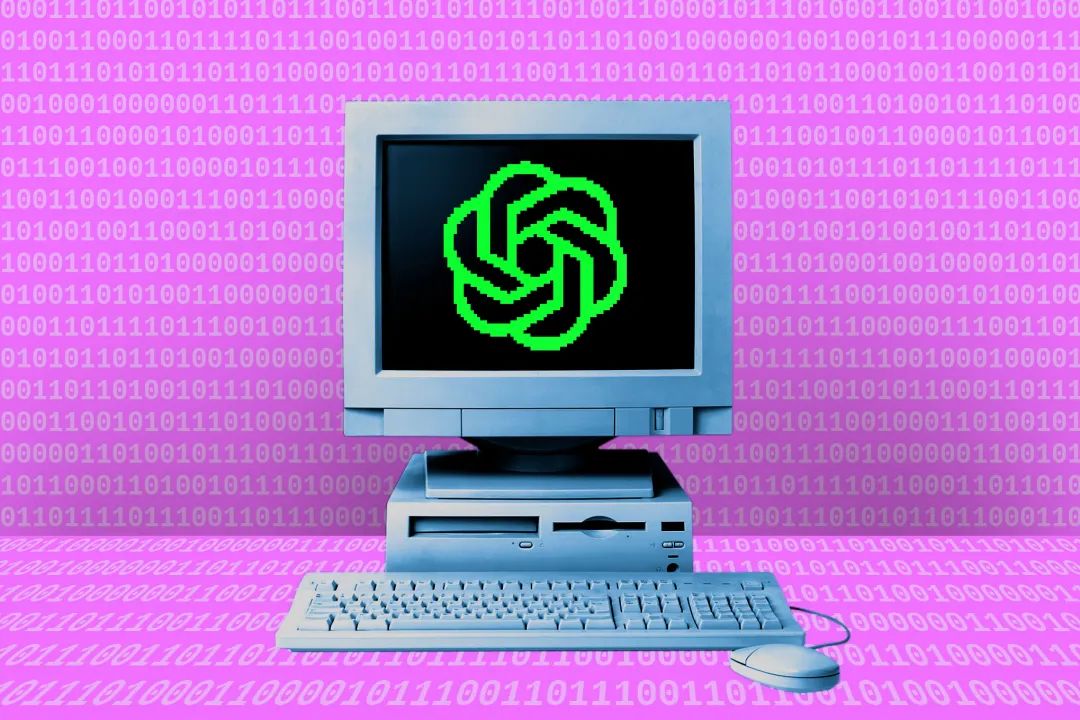
ChatGPT Agent: A First-Day Intern or the Future Super Assistant?
A Verge reporter spent $200 to subscribe to the Pro version and immediately put Agent to the test: 1. Buy a Japanese vintage lamp under $200. Agent spent 50 minutes searching, comparing prices, filtering, and adding to cart on Etsy, but ultimately, the item was left in a 'virtual' shopping cart—the reporter found it empty upon login. 2. Order flowers for a friend in Colorado. Agent found four local flower shops and even offered the option of 'delivery before Saturday,' but at the final step, 'Sorry, I can't place the order directly.' 3. Ask Agent to log into a bank account and set up automatic transfers. Received a red error message directly: 'Sorry, I can't assist with this type of task.' Yash Kumar, head of product at OpenAI, was candid about this: 'We are currently optimizing for task completion, not speed.' Research head Isa Fulford added, 'Even if it takes half an hour, it's still faster than you doing it yourself.' In essence, Agent is positioned as a 'back-office intern': you can step away for a coffee, it works through the process slowly, and when you return, it provides a report that may not be perfect.
But don't rush to dismiss it. In 2004, Google searches often returned 404 errors, and in 2011, Siri was mocked as 'artificially stupid.' The first day of any revolutionary product is awkward. The key lies in the 'possibilities' Agent opens up: It's the first to combine Operator (webpage clicks) with Deep Research (multi-step reasoning) into a single model, capable of viewing images, flipping pages, writing code, and running scripts in terminals. It operates in isolated cloud containers, with the local computer merely 'casting,' meaning even if your computer is shut down, Agent can still process 100 pages of financial report annotations overnight. OpenAI has pre-installed 'monitoring mode' and 'irreversible operation confirmation' to block high-risk tasks in finance, medicine, law, etc., prioritizing stability over speed.
Browser War: AI as the New 'Address Bar'. Reuters reported that OpenAI will release an AI browser based on Chromium in 'the coming weeks.'
Imagine placing Agent in the address bar. When you type, 'Help me book a table for two at an Italian restaurant at 7 PM this Friday,' instead of navigating through 10 pages, the browser directly presents the available options from OpenTable, annotated with ratings, distance, and allergen menus. When you open a financial report PDF, the sidebar Agent has already extracted key data into Excel and generated a year-on-year chart. When you see 'Recommend a white seaside house case within 5000 yuan' on Reddit, Agent automatically compares prices on JD.com and Taobao, creating a timeline of historical lows, coupons, and today's flash sales. More radically, if the browser's default homepage shifts from Google.com to ChatGPT.com, Google's pay-per-click advertising model will be significantly disrupted. Chrome's stronghold is the 'default search engine revenue share.' Once Agent can bypass search and go directly to results, Google's revenue stream will take a hit.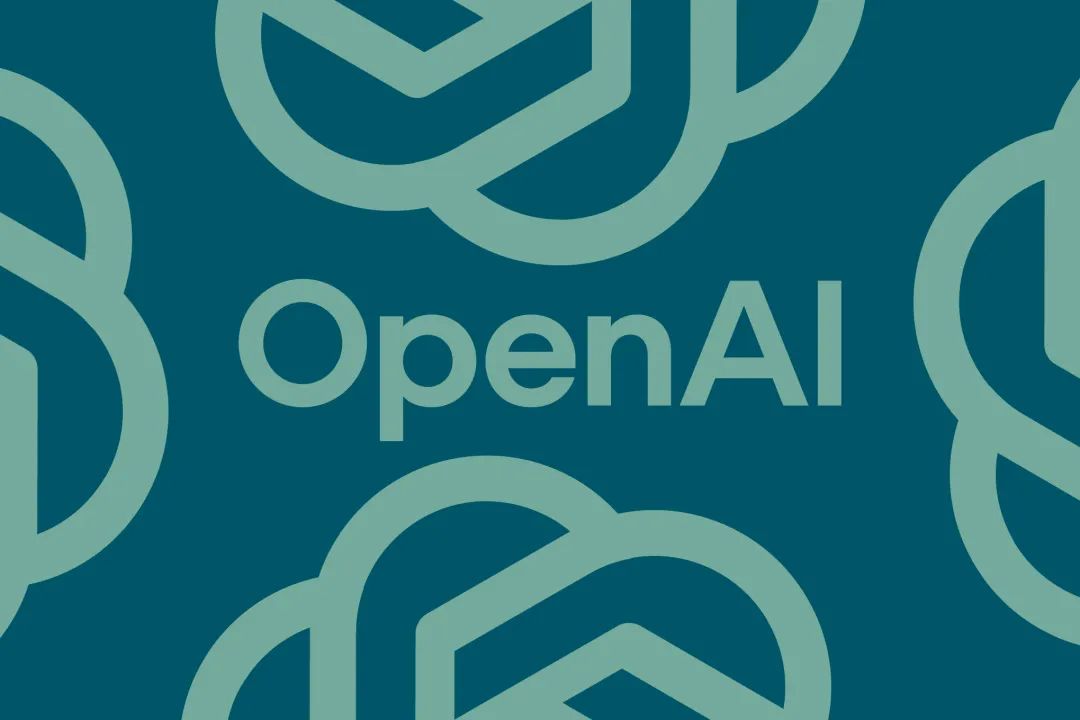
Three Suspenses in the Slow Revolution
1. Reliability Gap: Currently, Agent's success rate is about 75%, which is acceptable for scenarios with high fault tolerance like 'buying flowers,' but for medical, legal, or financial matters, a single error could lead to litigation. OpenAI needs to find a new balance between safeguards and capabilities.
2. Computing Power Economics: 2.5 billion queries already cost OpenAI $4 billion annually in computing power. If Agent extends the average duration of a single task to 30 minutes, the number of reasoning tokens will increase exponentially—unless model efficiency improves drastically, subscription fees will have to rise.
3. Power Redistribution: Fidji Simo, CEO of Instacart, is set to join OpenAI as head of the 'applications' department. Her mission is to identify Agent's 'killer scenario,' making AI not just a techie toy but a mass-market necessity like food delivery or ride-hailing. In other words, whoever defines the interaction paradigm of the 'super assistant' will hold the key to the next decade's technological landscape.
Will 'Google It' Become a Relic? In 2004, on the eve of Google's IPO, no one believed a search box could overthrow portals; in 2012, when WeChat launched its official accounts, no one anticipated chatting would replace browsers. Today, ChatGPT Agent is still clumsy, slow, and somewhat endearing, but it缩短s the path from 'problem to action' to just one sentence for the first time. Perhaps in five years, we will nostalgically recall the days of 'opening ten tabs to compare prices,' much like we miss dial-up internet. And when children ask, 'What is a search engine?' we'll simply shrug and say, 'Oh, that was an era when AI couldn't do it all by itself.'

